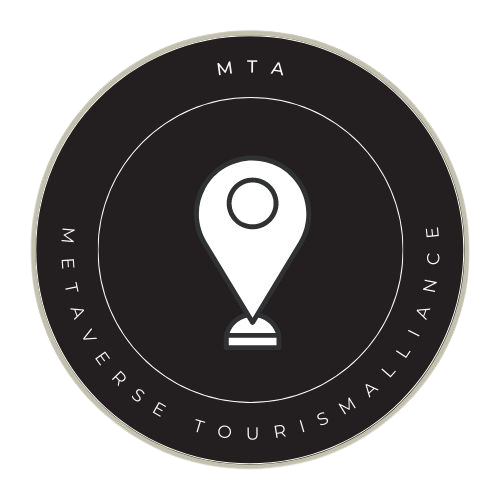The Digital Transformation in Tourism: Are Travel Professionals at Risk of Getting Left Behind?
The tourism industry is undergoing a rapid digital transformation, driven by advancements in technology and changing consumer preferences. As the industry evolves, embracing digital tools and strategies has become crucial for staying competitive and meeting the demands of modern travelers.
However, there is a concern that some travel professionals may get left behind in this digital revolution. In this article, we will explore the digital transformation in the tourism industry and discuss the potential risks faced by travel professionals who fail to adapt.
Embracing Digital Transformation and Digital travel planning
The digital shift in the tourism industry has reshaped the way travelers plan, book, and experience their trips. The way tourists book holidays and business trips has changed dramatically from days when we would walk into a travel agency and sit down with a vetted representative. Now, tourists rely heavily on online platforms, and social media reviews for their pre-planning phase. For younger generations who have grown up with their emerging mobile applications have accelerated this transformation.
So how can travel professionals embrace digital transformation and provide new ways for their customers to interact with their services?
When used correctly, digital tools and platforms allow professionals to improve efficiency, gain insights and enable travel operators to offer tailored services. As artificial intelligence improves at an alarming rate, travel professionals must upskill to remain relevant and transfer their skills to areas where the role of AI in the future remains unclear.
Incorporating the metaverse and virtual travel experiences has become increasingly important for tourism professionals to stay competitive and meet demand. Here are 3 ways that tourism professionals can upskill to incorporate metaverse tourism:
1. DYOR – Do Your Own Research
Familiarize yourself with the various metaverse platforms and new technology to service new audiences. This involves researching online, reaching out to industry experts, listening to podcasts and attending webinars about these emerging technologies. Many of the educational events may not be hosted by traditional organisations or providers that you are familiar with. For example, NFT communities hang out on Discord. Learn about how others are using the metaverse to promote their services. A solid understanding of VR, AR and the Metaverse will help greatly prior to any product or service development.
2. Attend workshops and webinars
Attend Virtual Tourism Workshops and Training Programs: Look for workshops and training programs focused on virtual tourism. These programs can provide hands-on experience and guidance on designing and implementing virtual tourism experiences. They may cover topics such as virtual tour creation, storytelling in virtual environments, and user experience design for virtual tourism.
This industry is moving at break neck speed. To keep up with trends you should seek out educational opportunities. Lifelong learning is no longer a luxury addition to your formal education but a necessary component of your career. Explore online courses, webinars, and resources that cover topics like the metaverse, virtual reality, user experience design, and content creation for virtual tourism. Stay curious!
3. Step into the metaverse and explore your surroundings
It is not enough to embark on a digital transformation diploma. To truly understand the potential of the metaverse for tourism, travel professionals should familiarize themselves with virtual tour platforms, metaverse hubs and the media formats used to communicate with communities that already exist within these environments. This could mean creating your very own avatar to attending an exhibition in On Cyber to buying a property in Upland.
Risks of Falling Behind
The challenges for the future of tourism professionals will be adapting to the ongoing changes in the online travel booking landscape. There is a very real threat of AI replacing jobs that would have in the past been vital for the industry. Customer service support, content creators, booking specialists and planning itineraries are just four functions that many AI platforms are offering already.
Travel experts who resist these advances in emerging tech may find they are at a disadvantage in the jobs market and fall behind when servicing their current customers.
To tackle this it is important to leverage the success of the industry, collaborate with the industry overall and get to know the latest trends, including, metaverse tourism, virtual reality, augmented reality and artificial intelligence.
Conclusion
Incorporating the metaverse into any existing tourism experiences requires a combination of technical skills, creative storytelling, and a deep understanding of the needs and expectations of travelers. Acquiring digital skills, leveraging emerging technologies, and adopting proactive strategies are essential for travel professionals to thrive in the evolving tourism industry. By embracing the digital transformation, travel professionals can enhance customer experiences, drive business growth, and remain competitive in an increasingly digital world.
JOIN THE METAVERSE TOURISM ASSOCIATION TODAY
